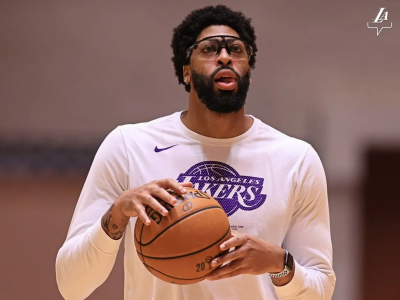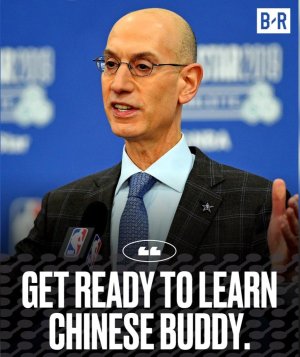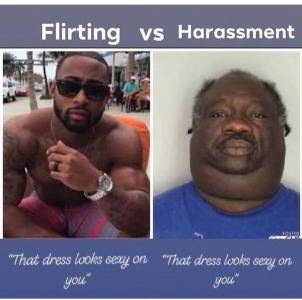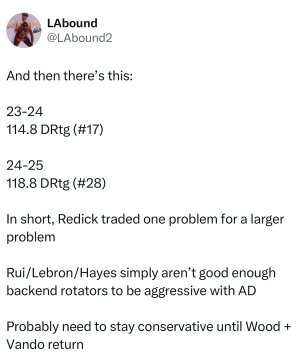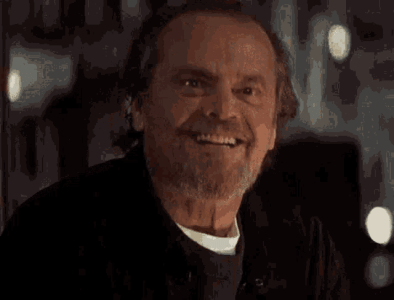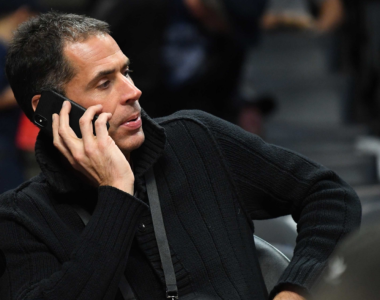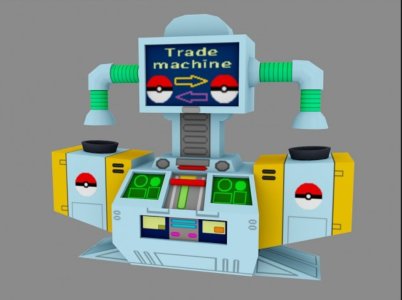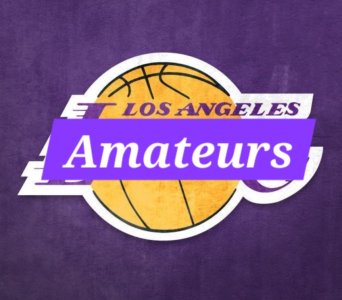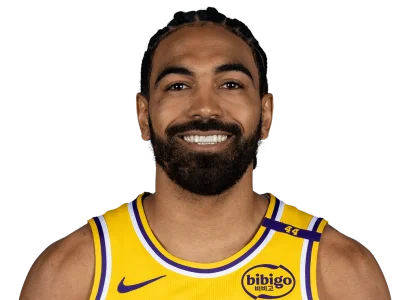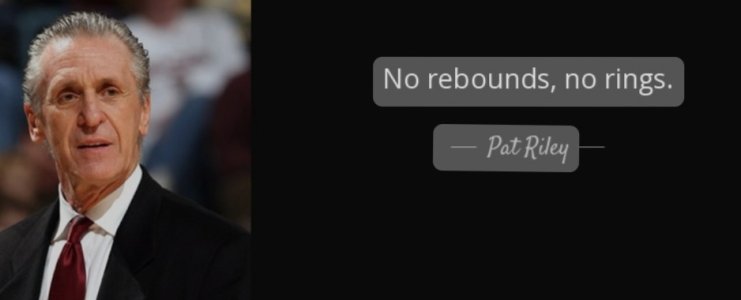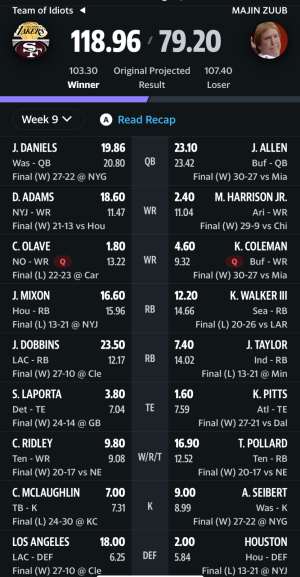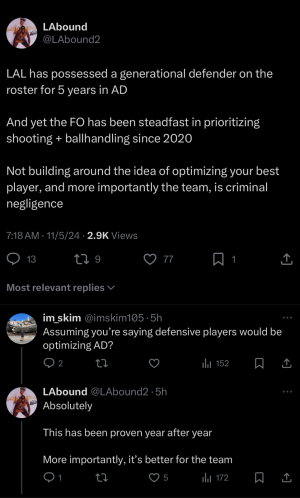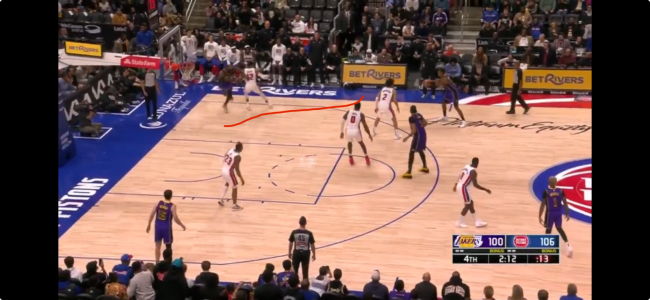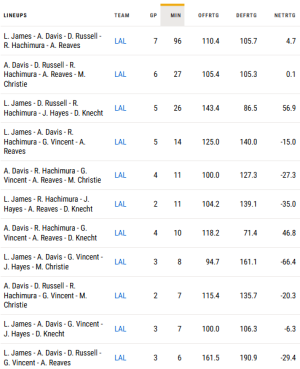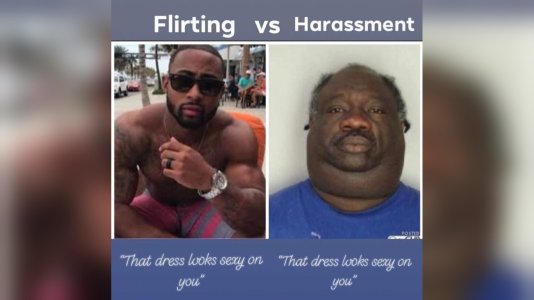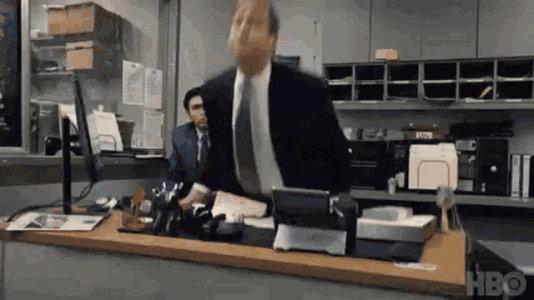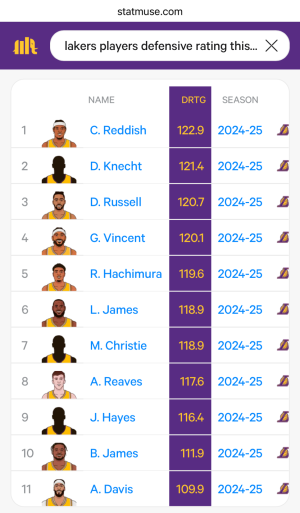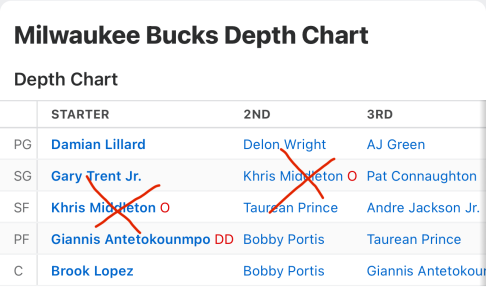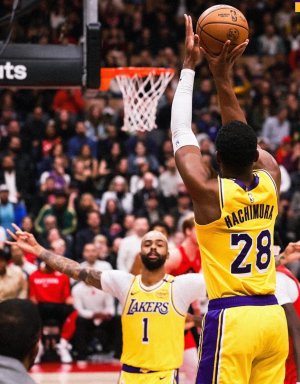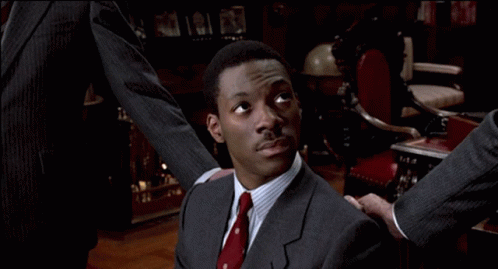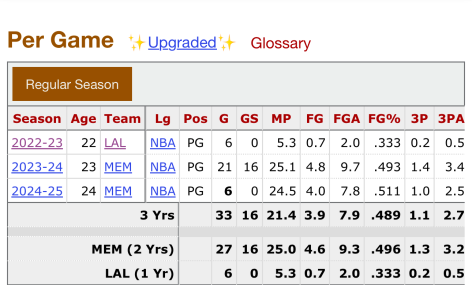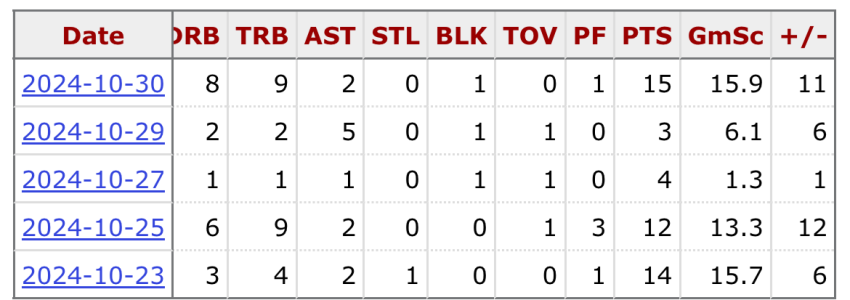Gone in a blink: The inside story of Alex Caruso’s departure from the Lakers
Alex Caruso woke up to an avalanche of alerts Wednesday morning. He was a lead topic on morning debate shows and the reason much of the Lakers’ global fanbase was, to put it mildly, pissed.
When he went to bed the night before after recording a podcast with former NBA guard J.J. Redick, he was largely unprepared for the intense reaction to his candid remarks about his departure from the Lakers three months earlier.
“I was just like, ‘Oh ****,’” Caruso said. “I forgot people actually, like, really care about it.”
In the literal blink of an eye, the Chicago Bulls sixth man had reignited a dormant controversy. In a video clip from the conversation that had gone viral, Redick asked Caruso for details of his decision to sign with Chicago for $37 million over four years rather than return to the Lakers. Was it the money? Did the Lakers lowball him? He instructed Caruso to blink twice if the Lakers had offered him more than $15 million over two years, and once if it was less.
Caruso blinked once.
It was a made-for-Twitter moment, something Caruso, whose career arc can be traced in memes and highlights, is now used to.
“What is it with me and social media that just always gets flared up?” Caruso asked with a sigh.
Sitting on the second floor of the Bulls team hotel in San Francisco last week, Caruso uncapped a bottle of water and took a swig.
“I think the big thing is, people are trying to find a negative in it,” he said. “And I really think it’s more just so like a social media narrative of fans who are maybe missing me. … It wasn’t like (the Lakers) didn’t want me back or I didn’t want to come back. We won a championship together. To do that again would be awesome.”
Monday, Caruso will play his first game against the Lakers since leaving Los Angeles. The reunion comes at a time Caruso and the Bulls are thriving. The night before he spoke to The Athletic, Caruso recorded six steals in a win over Dallas, becoming the league leader in that category.
With Caruso playing more minutes than any year of his career, his hounding defense is a nightly highlight. Against the Mavericks, it was his steal — after getting bodied by Dwight Powell — that set up a full-court pass by Lonzo Ball to Zach LaVine, who completed the sequence with a 360 dunk. He has had highlight-reel defensive possessions against James Harden, Stephen Curry and others. He is an essential piece of a team on the upswing.
Meanwhile, not only are the Lakers struggling amid an 8-6 start with James sidelined with an abdominal injury, they are particularly depleted in the areas Caruso once addressed: perimeter defense and effort.
It’s a perfect storm that makes Caruso’s absence all the more evident and raises a question that will likely follow him for years.
Why isn’t he still a Laker?
On Aug. 2, Caruso was in College Station, Texas, for his mom’s birthday. He had returned home not only for help her celebrate, but also to make the biggest decision of his professional career in familiar surroundings.
While the family hung out in the living room, Caruso set up his own personal war room in his parents’ office.
Surrounded by trophies and posters from his high school playing days and from nearby Texas A&M, where his parents, Jackie and Mike Caruso, worked as administrators, Caruso stayed in touch with his agent, Greg Lawrence.
At 3 p.m. PT, when teams could begin negotiating with free agents, the Lakers placed their first call to Caruso and made their offer of $7 million a year.
It was a quick conversation. Lawrence told the Lakers he and his client believed Caruso could do better.
They were seeking the full mid-level exception of four-years and $40 million. The Lakers’ offer was intended to box out other contending teams over the salary cap that would be limited to the taxpayer mid-level exception of $5.89 million per year. That meant other contenders like the Warriors, Clippers and Bucks would not be able to swoop in and steal Caruso.
Nonetheless, several non-taxpaying teams outbid the Lakers, including the Minnesota Timberwolves. But Chicago not only offered a bigger payday for Caruso, but also a roster that showed it was serious about building a contender.
He told his assembled family that he and his agent were going to take that offer back to the Lakers, but that if they couldn’t match, he was likely bound for Chicago.
But when Lawrence informed Caruso the Lakers would not match the offer, Caruso asked his agent to call back with a compromise: two years, $20 million. While the Bulls offer was for slightly less than $10 million over four years, only $30 million was guaranteed. A $10 million per year offering would have been commensurate.
Again, the Lakers said no. Their offer stayed at $21 million over three years, and the moment calcified a perception that already existed. Faced with going deep into the luxury tax to retain one of their most valuable role players, the Lakers balked. Caruso was their first call in free agency on Aug. 2, but they never budged from their initial offer.
“No dollars and cents higher than that ever came back,” Caruso said. “There’s no counters. It was just, I think, that was kind of all they had. And at that point, it was like, okay, I have to make an executive decision based on real life here.”
The Lakers were dealing with their own version of real life, too. After building out their roster in the offseason, they took on $44 million in luxury tax, the fifth highest tax bill in the league. Adding Caruso would have driven that number higher. According to salary cap expert Danny Leroux, if Caruso had agreed to the Lakers offer, the franchise would have owed an additional $17.5 million in luxury tax, a fact the Lakers hoped would resonate with Caruso.
Even though those tax dollars wouldn’t land in his bank account, it did represent a total financial commitment greater than what the Bulls paid and, in the Lakers’ mind, aligned their actual investment with his market value.
For a player who had, by his own admission, played his first four seasons for “pennies on the dollar,” that reasoning was never going to tilt things back the Lakers way.
If the Lakers had not signed Kendrick Nunn for the taxpayer mid-level exception and instead accepted Caruso’s $20 million counteroffer, they would have still paid roughly $20 million more in salary and luxury tax combined in 2021-22 alone, and would spike again the next year.
Caruso walked into the living room to inform his family that his Lakers tenure was over. In that moment, the reality of his decision hit him.
“There was a weird feeling,” Caruso said. “I wouldn’t say, like, weird in a positive or negative way. But just like this sense of the unknown, which was I don’t know how to describe it, but like kind of… weird.”
It was yet another twist in a career that started in the G League with Oklahoma City and led him to play 62 games in two seasons while on a two-way contract with the Lakers before he finally earned a full-time contract in 2019. That year, he went from a DNP-CD in the season opener to starting Game 6 of the Finals.
“He hasn’t had the easy path,” Lawrence said. “But every single time he’s refocused. ‘Okay, what’s next,’ and gone into it with a good attitude. There was disappointment, I think, with how things went with the Lakers in free agency, but when it became apparent that that situation wasn’t going to continue, I think he got really excited and immediately had a great attitude about Chicago. And really it’s been just a great marriage so far.”
In a summer when the Lakers traded for one-time MVP and future Hall of Famer Russell Westbrook, failing to re-sign Caruso somehow felt like the front office’s weightiest decision. Caruso was not just a relatable role player with incredible meme potential. He had become one of the Lakers’ most important role players and a fan favorite. His advanced statistics with James regularly ranked at the top of the league.
He’s having the same impact in Chicago. The Bulls’ second most-used lineup features Caruso alongside four starters and is outscoring opponents by 10.1 points per 100 possessions.
Rob Pelinka, the Lakers vice president of basketball operations, would later say the Lakers made an “aggressive attempt” to re-sign Caruso.
“That’s the thing with unrestricted free agency,” Pelinka said on the team’s media day in September, “is you can be in the mix, but players control the ultimate choice. And Alex was tremendous here. He’s a championship player and we’ll be forever grateful for his contributions and his growth. Seeing him go from a G League to a two-way (contract) to an elite player is something we’ll always be proud of. But he had choices, and he chose another team.”
Instead, the Lakers signed 20-year-old Talen Horton-Tucker to a three-year, $31 million deal. If the Lakers were only going to be able to keep one of the guards, it can be debated what was more valuable: A 20-year-old with unknown upside or the known commodity of Caruso. LeBron is about to be 37. Was it better to go all-in on a player who has proven he can help the Lakers win now? Or to look to the future a bit more while also hoping Horton-Tucker could help fill Caruso’s shoes?
Caruso’s exit paved the way for the Lakers to offer more to Horton-Tucker — a client of Rich Paul’s Klutch Sports, which represents both James and Anthony Davis — and keep him from signing an offer sheet elsewhere.
It’s a discussion that inspires passion. People around the league have expressed dismay that the Lakers didn’t seem to value Caruso more highly, and it’s even more of a hot-button issue among Lakers fans. Caruso inspires and plays with such intense passion, it’s ironic that he is perhaps the one person who seems unperturbed by the perception that the Lakers didn’t value him as highly as other teams did.
“I’m sure if it was an even playing field, and they were able to offer me the same amount of money and give me the same exact back and we would have rode off into the sunset again and tried to go do this thing again,” Caruso said.
He shrugged.
“But the NBA is not a perfect world.”
Caruso has thrived with the Bulls, and really, why wouldn’t he? He is the kind of player every contending team could use. He does not need the ball in his hands to be effective and is a highly disruptive defender.
With Caruso coming off the bench behind Ball and LaVine, and Los Angeles native DeMar DeRozan averaging more than 25 points per game, the Bulls have been one of the surprises of the NBA season, sitting as high as first in the Eastern Conference early this season.
“We just have exciting players,” Caruso said, “like all like explosive highlight guys and then just a bunch of dudes that, you know, know their role, play hard. And you know, I don’t even think we’re playing that great right now. But we’re finding ways to win and I mean, that’s usually the sign of a good team.”
While Caruso’s game hasn’t changed, so much else is different. He was comfortable in L.A. He lived in Manhattan Beach, knew where to eat, where to get his car washed.
“Four years in a place is a long time,” Caruso said.
So there is a natural adjustment. He still has a California driver’s license and, he says with a bit of trepidation, has never driven in snow, which was on his mind as the season’s first winter storm hit Chicago last week. He had to find his way around a new city, become comfortable with a new coaching staff and new faces around the arena and practice facility.
“I’m still getting used to being a Bull,” he said.
Much of his career success, however, has come when he’s been uncomfortable, he said. And that’s true of Chicago, where he has more of an ownership stake in the team’s success than he ever did in Los Angeles, where everything eventually falls back on James and Davis, and now, Westbrook.
“That was that was something that I think I was looking forward to once I made the decision to go to Chicago was, I knew I was going to be able to push myself to a point where I was going to have to grow,” he said, “where, in order to win games and be successful as a player and as a team, I was going to be put in these situations to where it was going to require more of me.”
As the lone player on the Bulls’ roster with a championship ring, Caruso finds himself repeating things to his teammates that James and Rajon Rondo were telling him two years ago when he broke out as a rotation regular. He understands what is required to win a championship, not only because he did it two seasons ago, but also because he was part of a heavily favored team that fell short.
Caruso still looks back on last season as a missed opportunity after the Lakers blew a 2-1 lead in the first round against Phoenix when Anthony Davis went down with a groin injury.
“If A.D. is healthy I think we beat Phoenix in the first round,” Caruso said.
And if you play that out in your mind, who would the Lakers have lost to after that? The hobbled Denver Nuggets? The Kawhi-less Clippers? If they had gotten to the Finals, would Milwaukee still be searching for its first championship since 1971?
Would Pelinka have felt the need to so dramatically overhaul the Lakers roster?
“It’s just the luck of the NBA,” Caruso said. “Like the COVID year we went to the bubble, we had really good luck and we had all our guys healthy. We fought through all the craziness that happened with that whole summer. And then the next year we didn’t. We got unlucky.”
Not only did Davis miss half of the regular season, but James missed 26 games after suffering a sprained ankle. Dennis Schröder and Marc Gasol, both opening night starters, missed long stretches after contracting COVID-19, and new players who arrived mid-season, like Andre Drummond, struggled to fit in.
“We couldn’t get healthy and part of that was the quick turnaround (from the bubble), too,” Caruso said. “Like, I don’t think AD ever really got back to full strength after the Finals run. I don’t even know if Bron did. He did a better job of hiding it.”
Caruso said there were times when Davis would switch onto opposing guards and he would think: “All right, don’t help. It’s Anthony Davis, he’s gonna get a stop.”
Caruso continued, “There are certain guys that are good NBA guards but probably shouldn’t score on Anthony Davis one-on-one that were getting to him, getting to the rim. So it was like, ‘Yeah, something’s not right with him.”
This season, Caruso has caught bits and pieces of the Lakers’ frustrating start. He watched the end of the wins over Charlotte and Miami last week.
As an active user of social media, he suddenly relates to people who complained to him about how much attention the Lakers received.
“I was like, ‘I don’t think we have, like, that much stuff going on. Like, we’re actually good team, like, they should post about it,'” he said. “And now that I’m in Chicago, I’m like, damn, Lakers get so much love.”
He chuckled. When his games end in Chicago, his timeline is inundated with updates from the second half of Lakers games playing out two time zones away. He sees Russell Westbrook posting triple-doubles and Carmelo Anthony draining 3s. He can’t help but pay attention.
“The emotional side of me still has a lot of attachment to L.A.,” he said.
He has thought about what it will be like to play at Staples Center for the first time as a visitor. What it will be like to check in at the scorer’s table where he was so often showered with MVP chants.
“I know I’m going to be a little giddy,” he said, “just because I know how the fans are gonna be. They are who they are. There’s a tremendous amount of love and support from them, and it’s mutually felt.”












